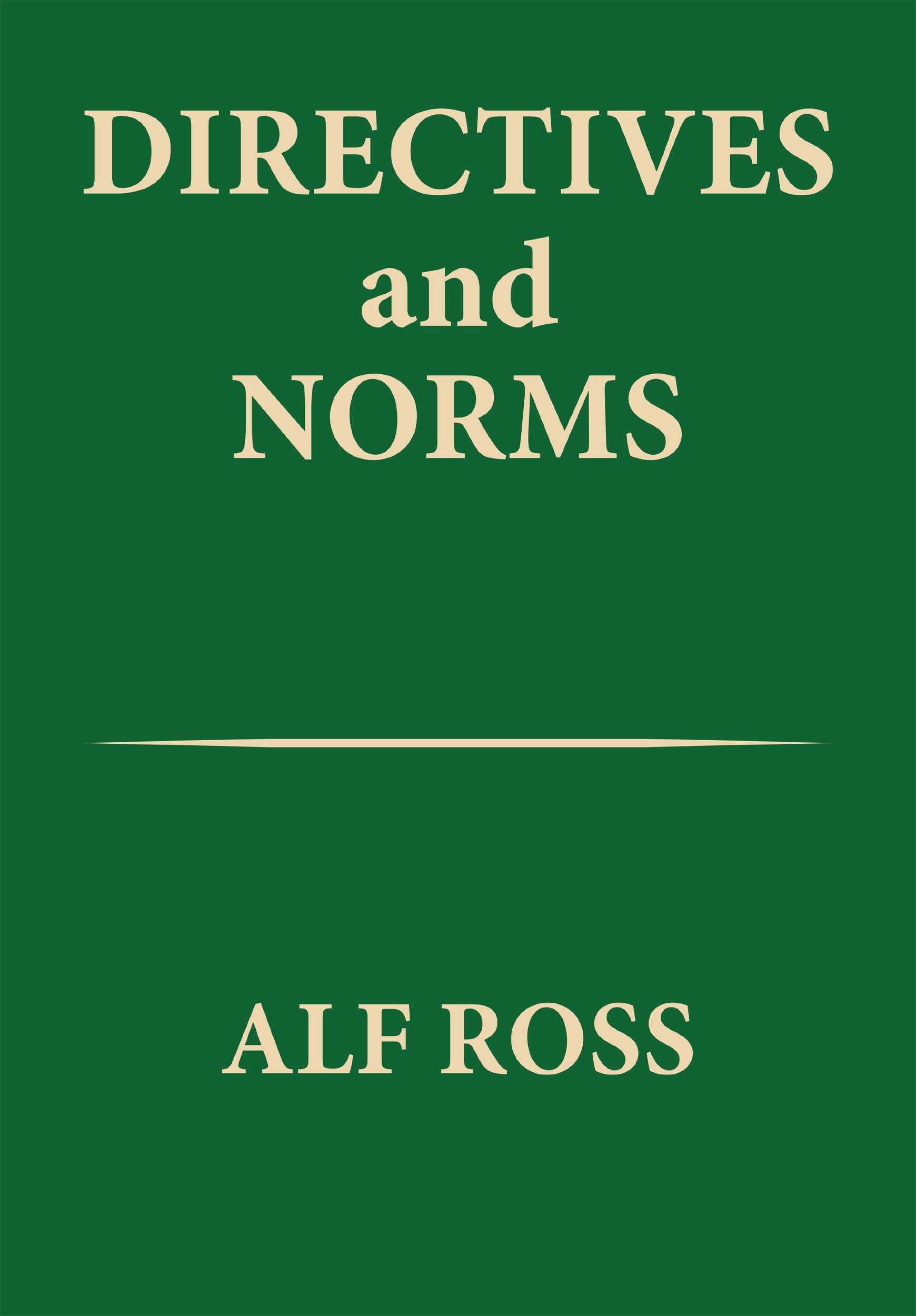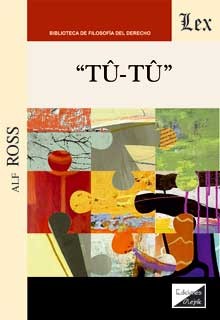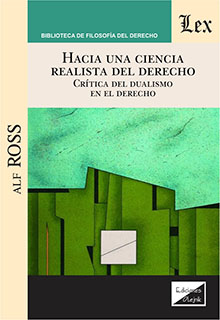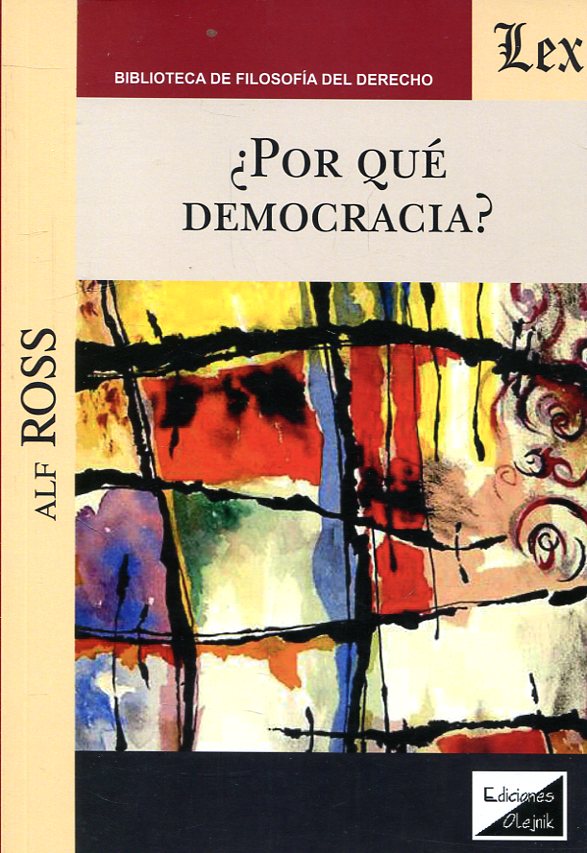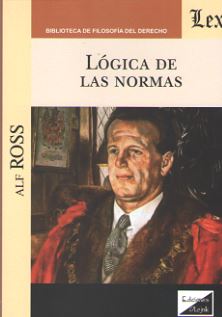Directives and norms
- ISBN: 9781584779612
- Editorial: Lawbook Exchange
- Fecha de la edición: 2008
- Lugar de la edición: New Jersey. Estados Unidos de Norteamérica
- Encuadernación: Rústica
- Medidas: 23 cm
- Nº Pág.: 188
- Idiomas: Inglés

Reprint of the first American edition. In Directives and Norms Ross asks whether imperatives (or, to use his term, 'directives') are subject to logic in the same way as indicatives. He shows the difference between indicative and directive discourse and explains the concepts 'directive' and 'norm' as they function in the social sciences, especially in the study of law. A contemporary essay in the Modern Law Review (32:544), though critical of this work, was still impressed by its "clear and convincing account" of these processes.
I Introduction
1.Traditionally a distinction has been made between theoretical and practical discourse. It remains undecided, however, what the subject of this distinction is, and what is its foundation
3. Indicative and directive speech are distinguished. It is the aim of this study to explicate the concepts directive and norm on the basis of this distinction, and to help lay a foundation for deontic logic
II Indicative Speech
III Directive Speech
13. Directives which are impersonal and heteronomous are called quasi-commands. They include (1) legal rules; and (2) conventional rules (conventional morality, courtesy and decency)
15. Impersonal directives which are autonomous comprise the principals and judgments of personal morality
IV The Concept of a Norm
21. A norm is to be defined as a directive which corresponds in a particular way to certain social facts
V An Analysis of the Elements of a Norm
27. In a formalize language the directive operator is expressed by the word obligation. In legal language a number of other derivative modal expressions are used. Von Wright s assertion that permission cannot be defined as the negation of obligation is disputed
28. Comments on the table of legal modalities
29. It is possible to interpret the legal modalities in such a way that they have, to some extent, an application to non-legal normative discourse
VI Deontic Logic
37. Following Weinberger, the principles of deontic logic are interpreted as postulates defining directive speech. Validity is not on an equal footing with truth but is derived from the concept of acceptance common to both ramifications of logic
Index

